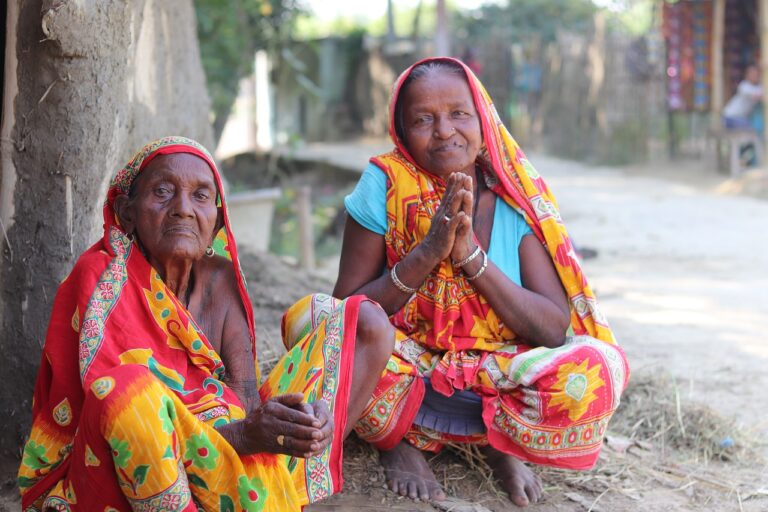Tribalism in Politics: Overcoming Divisions for a United Future
Tribalism in political discourse has significantly intensified divisions among people, often leading to increased polarization and a lack of meaningful dialogue. When individuals align themselves strictly along tribal lines, they are more inclined to view those outside their group with suspicion and hostility, hindering the possibility of finding common ground or compromise. This tribal mentality can create a toxic environment where differing opinions are not respected, and constructive debate is replaced by animosity and aggression.
Moreover, the prevalence of tribalism in politics has reinforced the notion of “us versus them,” fostering an “othering” mindset that dehumanizes individuals who hold differing views. This dehumanization can have damaging consequences, such as the promotion of bigotry, prejudice, and discrimination based on political affiliations rather than thoughtful consideration of ideas and policies. Ultimately, the impact of tribalism on political discourse can undermine the democratic values of inclusivity and respect for dissenting viewpoints.
• Tribalism in political discourse has intensified divisions among people
• Increased polarization and lack of meaningful dialogue result from tribal alignment
• Viewing those outside one’s group with suspicion and hostility hinders common ground
• Toxic environment is created where differing opinions are not respected
• Constructive debate is replaced by animosity and aggression
Moreover, the prevalence of tribalism in politics has reinforced the notion of “us versus them,” fostering an “othering” mindset that dehumanizes individuals who hold differing views. This dehumanization can have damaging consequences, such as the promotion of bigotry, prejudice, and discrimination based on political affiliations rather than thoughtful consideration of ideas and policies. Ultimately, the impact of tribalism on political discourse can undermine the democratic values of inclusivity and respect for dissenting viewpoints.
Understanding the Roots of Tribalism in Politics
Tribalism in politics is deeply rooted in human psychology and societal structures. The need to belong to a group or community is a fundamental aspect of human nature, dating back to our evolutionary history when being part of a tribe meant increased chances of survival. Political tribalism taps into this primal instinct by creating a sense of identity and loyalty based on shared beliefs, values, or ideologies.
Moreover, tribalism in politics is often fueled by fear, insecurity, and a desire for power. Individuals may feel threatened by those who hold different viewpoints or belong to rival political tribes, leading to the formation of “us versus them” mentalities. This sense of competition and perceived threat can result in increased polarization and hostility between different political groups, hindering constructive dialogue and cooperation.
The Role of Social Media in Fueling Tribalism
Social media plays a significant role in exacerbating tribalism within political discourse. Platforms like Twitter, Facebook, and Instagram have created echo chambers where individuals are surrounded by like-minded individuals, reinforcing existing beliefs and ideologies. This digital segregation leads to increased polarization and a lack of understanding or empathy towards opposing viewpoints.
Moreover, the algorithms used by social media platforms are designed to show users content that aligns with their preferences, further perpetuating the divide between different political tribes. This selective exposure to information not only deepens existing divides but also fosters a sense of superiority among individuals who believe their opinions are the only valid ones. The constant barrage of biased information and the echo chambers created by social media contribute to the entrenchment of tribalistic behaviors in political discussions.
What is tribalism?
Tribalism refers to the behavior and attitudes that stem from strong loyalty to one’s own group or tribe, often leading to a sense of superiority over other groups.
How does tribalism impact political discourse?
Tribalism in politics can lead to polarization, divisiveness, and a lack of constructive dialogue between different groups, hindering progress and cooperation.
What are the roots of tribalism in politics?
The roots of tribalism in politics can be found in factors such as identity politics, social divisions, and a desire for belonging and validation within a group.
How does social media contribute to fueling tribalism?
Social media platforms often create echo chambers where individuals are exposed to like-minded views, reinforcing tribalistic tendencies and limiting exposure to diverse perspectives.







